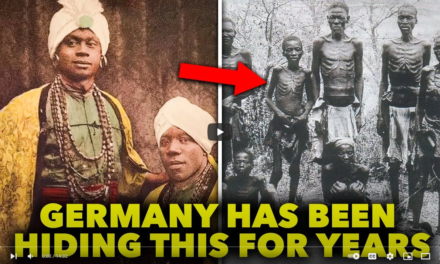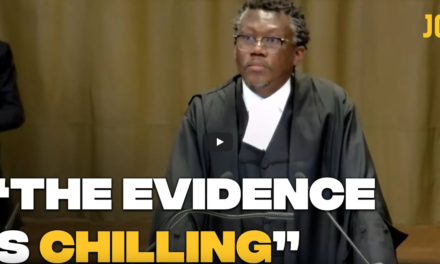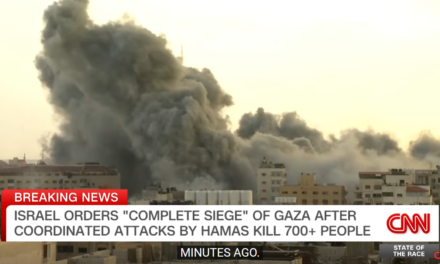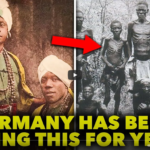A Surprising Clash: Unpacking the Black Hebrew Israelites vs. Pro-Palestinian Protesters in Chicago”
In a world that often feels saturated with tensions and conflicts, recent events in Chicago have managed to surprise and intrigue us all. The city known for its diverse cultural tapestry and vibrant communities has been at the center of a rather unexpected showdown. Black Hebrew Israelites and pro-Palestinian protesters physically battling each other – an unusual spectacle, to say the least.
At first glance, one might find it challenging to fathom how these two groups, seemingly distinct in their goals and beliefs, have found themselves at odds on the streets of Chicago. Yet, as we delve deeper into the situation, we discover that the roots of this clash, while surprising, offer a nuanced understanding of the complexity of our world today.
The Black Hebrew Israelites, a religious group with a belief system rooted in the idea that they are the true descendants of the biblical Israelites, have been a fixture in American cities for decades. Their message and methods of outreach and street preaching, often raise eyebrows and/or enlighten. While their beliefs and methods might be polarizing, it’s essential to remember that their motivations are rooted in their own unique interpretation of history and religion.
On the other side of the spectrum, we have the pro-Palestinian protesters, who advocate for the rights and autonomy of the Palestinian people. The Israel-Palestine conflict is a highly charged and sensitive issue, one that has stirred emotions and passions worldwide. It’s clear that these protesters are speaking out against perceived injustices and demanding a better future for Palestinians.
So, how did these two seemingly unrelated groups end up physically battling in the streets of Chicago? It is here that we must exercise caution and understanding. While their belief systems and causes may differ fundamentally, this confrontation is a testament to the complex web of conflicts and emotions that characterize our world today.
Here are some potential factors that could contribute to tensions or disagreements between some Black Hebrew Israelites and some Palestinians:
- Religious Beliefs: Some Black Hebrew Israelite groups have unique religious beliefs, including claims about their identity as descendants of the biblical Israelites. This belief can sometimes lead to theological differences or tensions with groups who have different religious or cultural backgrounds, such as Palestinians.
- Political Perspectives: The Israel-Palestine conflict is a highly charged and contentious issue. Some Black Hebrew Israelites may hold political views that align more closely with the Israeli government’s stance, while some Palestinians may take issue with this, leading to disagreements.
- Social and Cultural Differences: Differences in social and cultural norms, practices, and traditions can lead to misunderstandings or conflicts between different groups, including Black Hebrew Israelites and Palestinians.
- Lack of Understanding: Misunderstandings and stereotypes can arise when people from different backgrounds don’t have opportunities to interact or engage in meaningful dialogue. These misunderstandings can lead to mistrust or dislike.
It’s important to emphasize that the sentiments and beliefs of individuals within any group can vary widely, and not all Black Hebrew Israelites hold negative feelings toward Palestinians. Engaging in open and respectful dialogue can help bridge gaps and promote mutual understanding between different communities, fostering more positive interactions and relationships.
The key takeaway from this surprising clash is the recognition that we live in a time when passions and grievances run deep. People from different walks of life, with contrasting beliefs, are now more likely than ever to find themselves in the same spaces, whether through physical proximity or the digital realm. In this environment, clashes like these become a manifestation of the divisive times in which we live.



















